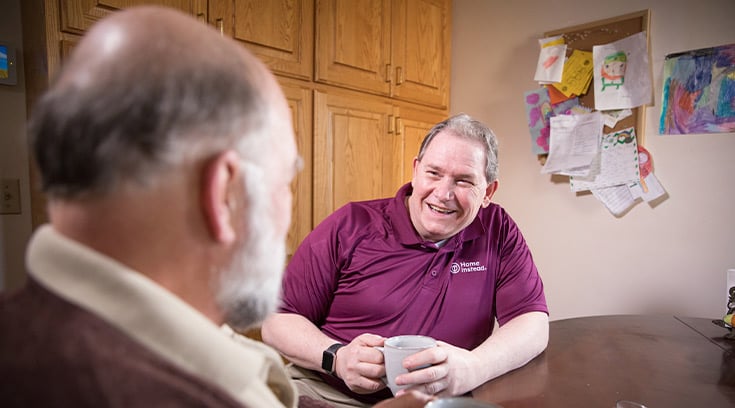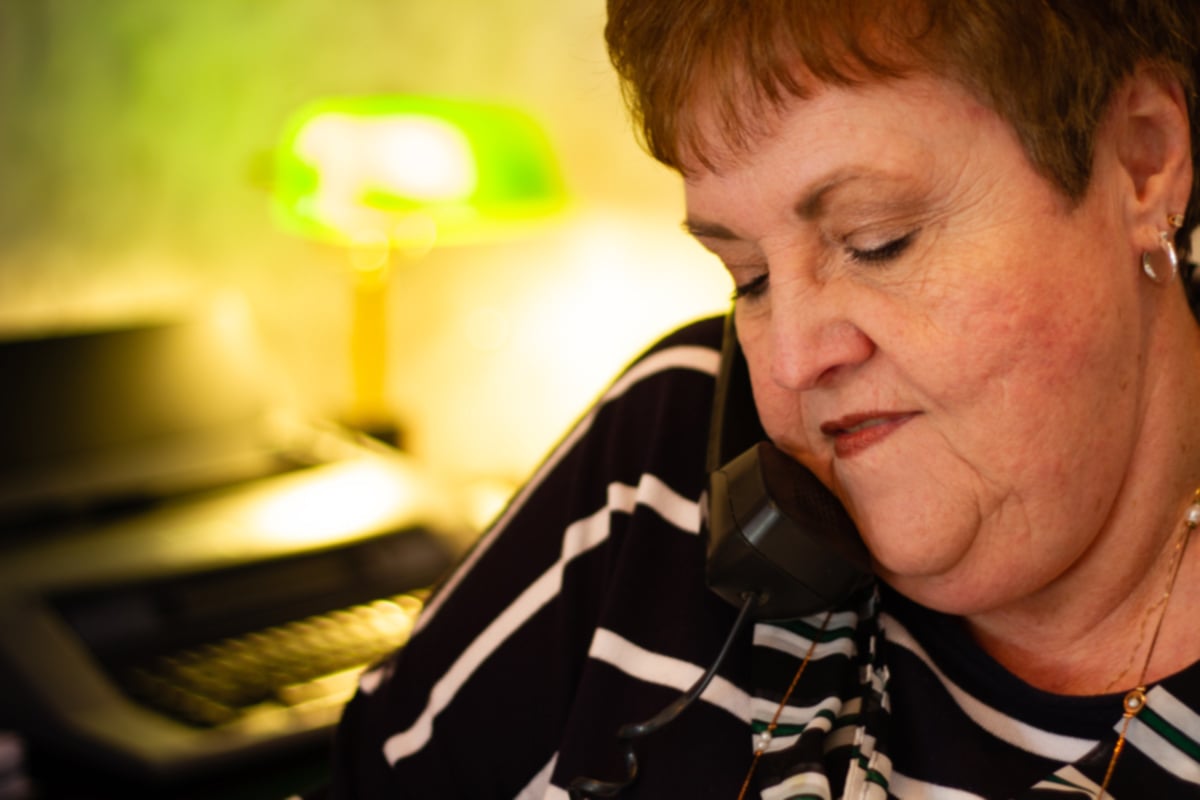Caring for a family member can require a lot of coordination. Often family caregivers are living day-to-day juggling their responsibilities of caregiving, work and family. Few have the time or make the time to stop and consider plans for the future.
But despite the busyness of life, it is extremely important for family caregivers to put a plan in place for their loved ones before an illness or crisis hits. This not only ensures that the proper care is in place, it can also help to reduce the stress of decision-making under pressure. The following are tips to for caregivers to consider when planning ahead.
7 Tips for Family Caregivers to Consider When Planning for Care
1. Prompt the conversation and involve your loved one. When putting together a plan, it is necessary to talk with your loved one and involve them in the planning process. These planning conversations are not likely to happen all at once but can be accomplished through a series of discussions. Keep in mind that prompting the conversation may not be successful on the first attempt but do not be discouraged. You may try setting up a time to discuss:
“Mom, I have been thinking about what would happen if you or I got sick. I would really like to talk more about this and get your thoughts on the best plan for us both. Can we talk more about this tomorrow afternoon?”
This approach allows your loved one time to process the conversation and put thought to what their wishes truly are.
2. Actively listen. Once your loved one is open to the conversation, it is important for you to listen. You want to ensure that your loved one feels understood. Resist the urge to criticize or discourage with comments such as “don’t think like that” or “don’t say that.” Allow the individual to talk about their feelings, thoughts and ideas before jumping in with your own opinions.
3. Plan for the short and long term. It is hard to know what tomorrow will bring, so it is imperative to create a short-term plan for an illness such as COVID-19. It is equally important to create a long-term plan should an illness or crisis occur down the road. Consider who, what, and where.
- Who is available to step in should you (the caregiver) become ill?
- What support and care will be needed by your loved one while you recover?
- Where will the care take place, and will it require a move?
You can also approach the conversation with the intent of creating options: plan A, B and C. Hope for the best-case scenario, plan A, but also have a plan B and plan C if the ideal outcome is not possible. This can be challenging, especially if your loved one wants to remain at home or age in place. It is important to communicate and ensure your aging loved understands that family will strive for plan A, but the reality of the situation may require alternative options.
4. Assemble important documents. Having important documents in place is one thing, but assembling the documents together and having them easily accessible can make all the difference. Have these documents accessible:
- Power of attorney – ensure one is in place for legal or financial matters
- Health care proxy – designate someone who can step in to make health related decisions if needed. Document advance directives to make sure your loved one’s wishes known.
- Emergency Contacts & Financial Information - Keep an updated list of health care providers, medications and emergency contacts. It is also helpful to have bank information, insurance information and even passwords assembled.
5. Keep a journal or log of key information. In addition to important documents, it can also be helpful to have a record of key information that a person would need to know about your loved one. This is especially important for those living with cognitive impairment such as Alzheimer’s or another form of dementia. Writing down daily routines, preferences and favorite activities can be helpful if someone needed to step in and provide care on short notice.
6. Enlist the help of an expert. If possible, seek help from professionals to assemble key documents. These experts could include an insurance agent, a financial planner or an attorney, particularly one that specializes in elder law. Legal aid may be available for those who cannot afford a private attorney.
7. Regularly communicate the plan. Having a plan in place is most effective when it is up to date and communicated to those involved. Ensure updates are made on a regular schedule. For example, a family could evaluate the plan every six months. It is also necessary to update the plan as circumstances change. For example, if a family member passes away, the power of attorney may need to be changed or if a new diagnosis is received, the advance directives may need to be updated.
While family caregivers may try to avoid awkward conversations about planning for care and end of life, or simply hope for the best, it is necessary to plan for the worst. Having a plan in place can help to ensure that everyone: aging loved one, family caregiver, adult children and other important contacts are on the same page. This consistent plan and communication can reduce anxiety and provide clarity should illness or a crisis occur.
For more information about planning ahead, getting the planning conversation started and to download a free aging plan, visit 4070talk.com.
Personalized Senior Care




